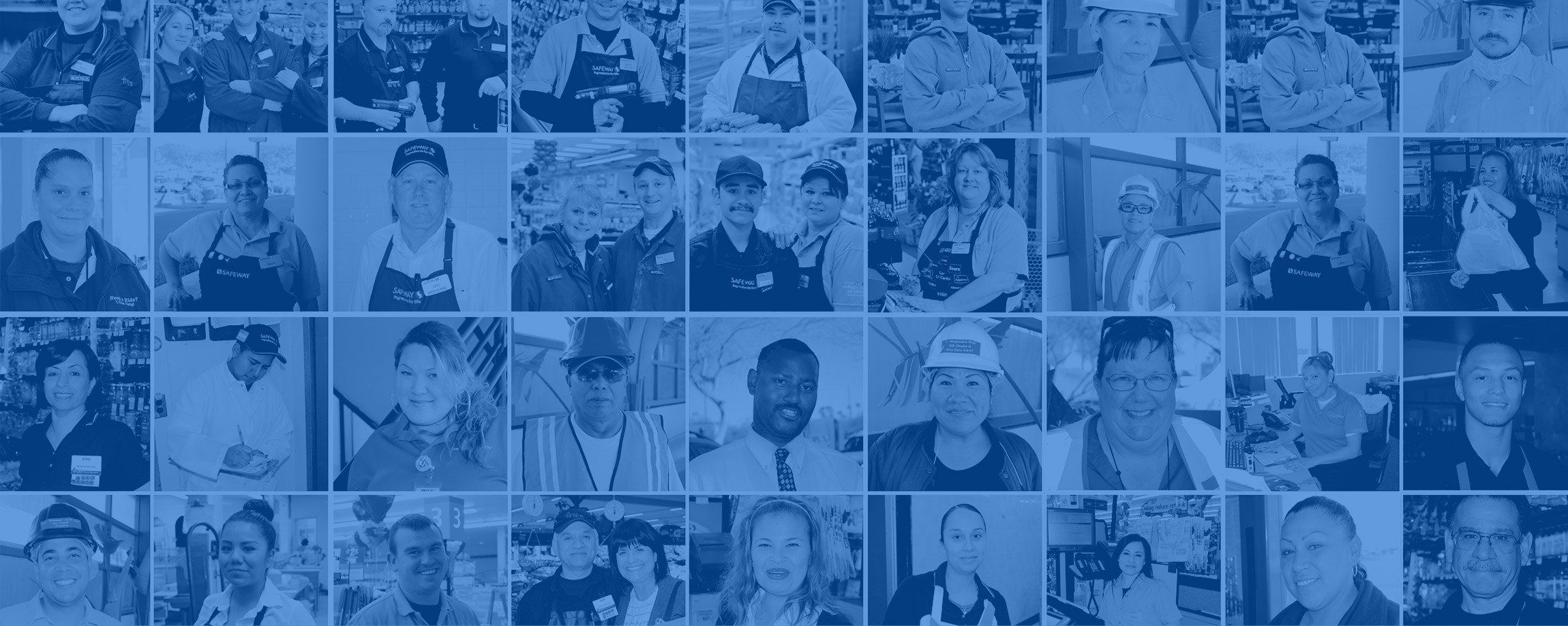By Margot Boyer-Dry
Source: The New York Times
When he moved to a new apartment last fall, Garret MacAllen needed garbage bags, so he placed his first order through Gorillas, a rapid delivery service that had just arrived in New York. Since then, he has grown more reliant on the app, which promises groceries in minutes, delivering corner-store basics like milk and eggs alongside specialty items like gourmet frozen pizzas and artisanal chocolates.
As much as he loves the convenience, Mr. MacAllen, 37, a software salesman on Manhattan’s Upper West Side, has started to wonder if quick delivery is too good to be true. Recalling the seductive but fleeting early days of Uber and Lyft as a time when rides were cheap and workers were paid competitively, he fears that rapid grocery services like Gorillas will push out small businesses, then raise prices and lower wages. “Will that lead to just a less convenient, more expensive situation in five years?” he wondered.
Berlin, a bustling, aspirational city often compared to New York, offers a glimpse at what may happen here. Gorillas, which is based there, began making deliveries in May 2020, setting off a rapid-grocery war among start-ups months earlier than in New York and delivering a blow to Berlin’s infrastructure, street life, labor front and social landscape.
